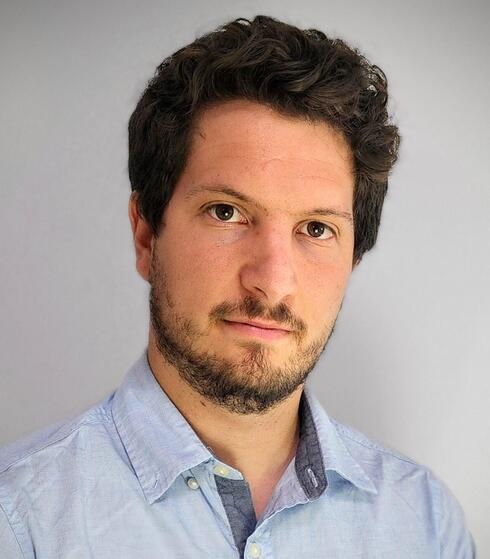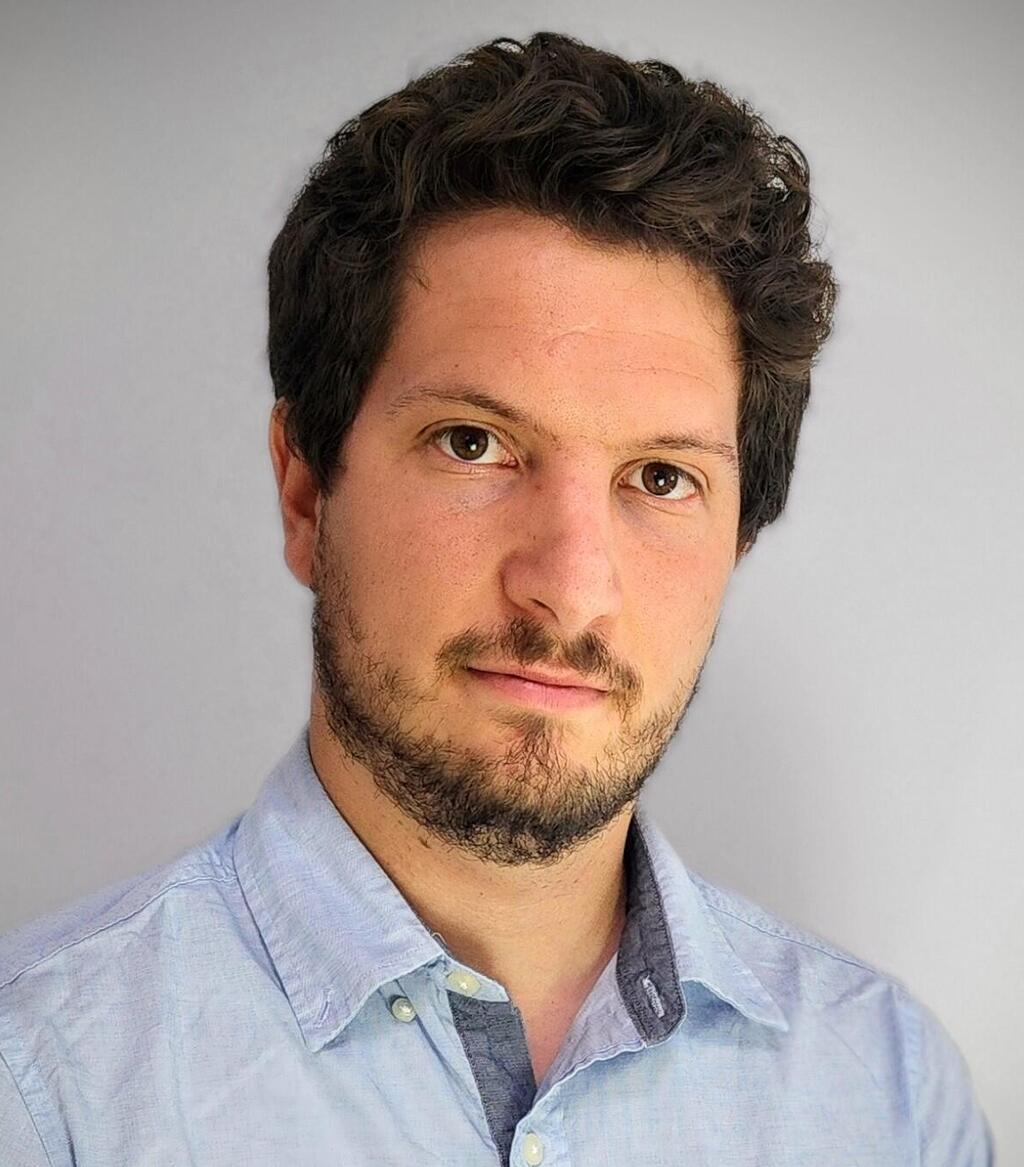
Opinion
Save up nation: Israel can establish solar cities run by AI
Rocketing electricity prices have emphasized the need for a long-term solution to the global energy crisis, which should lead to a significant reduction in carbon emissions and damage to the environment. Oz Mendelsohn, a data scientist at DSG, believes that for Israel the road to reaching sci-fi cities is shorter than ever
It is a well-known fact that not only do rising electricity prices impact our electricity bills, but also, indirectly, the price of consumer goods we buy, as factories are likely to raise the price of their products due to the increased costs they now incur.
The spike in electricity prices is attributed to the global energy crisis, but in our own small startup nation, an ardent advocate of innovation, there are much more creative alternatives to coping with this crisis. For example, smart solar technology, based on a cutting-edge capability to store solar energy and supply it to consumers.
Sci-fi books often depict futuristic cities as being able to harmoniously integrate man, technology and nature. These are the cities whose solar energy is supplied in a full, egalitarian and democratic manner to the population.
We can already see evidence of some creative combinations of solar panels in the public landscape, such as solar trees dispersed across various cities around the world, solar panels floating on water sources, on shade canopies in parks, on greenhouse roofs, among crops, on roads, and of course on the roofs of houses and buildings.
In a utopian future, the solar city will receive energy from all the solar panels deployed there, in public areas and in private houses, it will then store the energy and later supply it for consumption by all the local residents and institutions. Private individuals who have installed solar panels in their houses can sell the energy they have stored up to the city, and thus gain a supplement to their income. This is a genuine win-win situation, as not only does the city use green energy limiting its carbon emissions but it also offers an egalitarian, democratic and inexpensive approach to the issue of electricity supply.
So, why has the vision of the solar city yet to become a reality? The fact is that the volume of energy contained in the solar radiation emitted to the earth's surface in only one hour is sufficient to meet the energy needs of the entire human race for a whole year! Having said that, in 2021 solar energy provided less than 10% of global electric power.
Although the cost of electricity generated by solar energy has dropped as a result of the declining cost of production and maintenance of the solar panels, as well as that of energy storage technology, it is apparent that this in itself is still not adequate. Storing solar energy as electrical energy, managing and monitoring it, all involves tremendous complexity. The direct way to store the electrical energy produced from the solar panels is by batteries (such as the batteries used in electric vehicles and in cellphones). There have also been attempts to convert the electrical energy into more easily storable energy – for example, hydrogen gas or gravitational energy (stored in gravity batteries) – but these methods are not yet in common use due to their technical complexity.
This is compounded by the significant challenge faced in managing solar energy on a city-wide scale. Once we go beyond the situation of a single individual producing solar energy in his home for personal consumption, things becomes much more intricate as it involves a large number of citizens generating energy in their homes, in open terrain and in vehicles, and this can lead to an overload in certain locations and a spike in consumption elsewhere, alongside waste, malfunctions and unnecessary wear and tear.
Artificial Intelligence (AI) technology could be a genuine game changer and lead to democratization of the solar energy market in Israel. The vision of the solar city is attainable, but the decentralized nature of the solar network requires precise monitoring of AI models to enable maximum energy storage and optimization of the power supply to the consumers.
The ability to operate an infinite number of solar cells and batteries spread across the city depends on a decision-making system able to operate with split-second timing – as otherwise, we will be plagued by malfunctions, damage and even a total shutdown of the power grid due to overloads. AI has the power to enable forecasting optimal absorption of solar radiation according to the time of day, the specific season, alongside predicting future consumption. It can also forecast when energy can be stored for future use and provide insights that enable us to invest judiciously in the requisite infrastructure.
Last month, the global energy giant Shell Oil announced that it is to launch a new green power business for homes across Texas, a move that symbols its move to bring green energy to the U.S. market. For several years now, the company has been promoting the integration of AI models in the optimization of energy processes and it is leveraging the considerable volume of data collected for the optimal management of its energy networks. We can safely assume that this technology will allow it to expand its green energy business globally.
Though in Israel we might hardly have experienced any progress towards the solar city vision, the knowhow and the technology do exist. Israeli companies (such as SolarEdge) are developing technology to enable collection, management and optimal use of domestic solar energy. There are solar farms dispersed across the Negev and Israel is a global leader of academic research in this field. There are research groups focused on this field of activity in all the leading universities in Israel (The Technion, Weizmann Institute, Tel-Aviv, Bar-Ilan and Ben-Gurion). Full disclosure: I have personally conducted research at the Weizmann Institute of Science on the use of AI to accelerate the research of solar cells.
In other words, there is considerable interest in this field and the brains capable of enabling this are located here, even though there is still insufficient deployment of solar cells in every city and Israel has not yet implemented the concept of solar energy management using AI for the benefit of the general public. A city or country seeking to move ahead with this will need to build a multi-disciplinary center for excellence, incorporating a combination of experts – data scientists, engineers, and energy experts – who will be able to build a scaled-down model, which may later be expanded to a larger number of locations and the broader public, as the electricity grid expands.
There is no need to stage a full-scale, country-wide revolution, or even in every city, in order to accomplish this. It is also possible to start on a small scale, to build the model, and then as time goes by to add more panels, to mobilize more residents with private solar panels who are willing to take part in the model, to integrate more unique solar solutions in the public domain, and then gradually increase production. Not only should the current energy crisis spur us on to progressing towards clean solar energy – we really do need to get the ball rolling today rather than waiting for tomorrow.
Oz Mendelsohn is a Data Scientist at Data Science Group (DSG).














